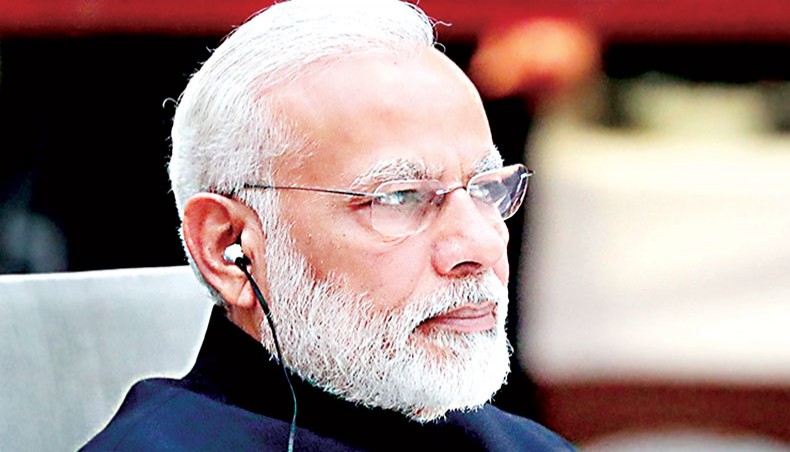As nations around the world continue to explore productive economic and strategic partnership with India, India has certainly remerged as a credible global force over the past few years due to the diligent foreign policy of the Modi government. With striking a synergistic balance between India’s national interests and international commitments, this administration has surely placed another benchmark when it comes to efficiency and effectiveness.
Recent comments by Union Minister of Finance, Nirmala Sitharaman also indicate the same by stating India’s position when it comes to synergizing between national interests and interests of its partners.
“In specific issues which are critical for India’s strategic interests, we have explained to the United States that India is a strategic partner for the United States of America and you want a strategic partner to be strong and not weakened.. We value the strong partnership with the USA, but we should equally be allowed to be a strong economy.” Union Minister said in an interview on Tuesday. This statement came as an indication towards India’s willingness to have strong relations with the USA, but not at the cost of its own economic strength and strategic interests.
These comments by the finance minister come in the light of heavy sanctions imposed by the USA on Venezuela’s oil industry this January which had scared away many global consumers from buying Venezuela’s oil. While India has shown its willingness to comply with global sanctions, including US sanctions on Venezuela and Russia, but has optimally balanced issues of its own strength and strategic interests. Indian refiner Reliance Industries Ltd has been buying Venezuelan crude from Russian major Rosneft which is set to resume direct oil loadings in the South American nation after a four-month pause.
Earlier when it came to the contentious issue of India’s Russian S-400 Triumph deal and the CAATSA sanctions, Foreign minister S Jaishankar had asserted that India would do whatever would be in its national interest. “We have many relationships with many countries. Many of them are of some standing, they have a history. So I think we will do what is in our national interest, and again, part of that strategic partnership is the ability of each country to comprehend and appreciate the national interest of the other”, the minister had said.
The 21st century has seen a shift in diplomacy and international affairs, away from ideological considerations and towards pragmatism and practicality, and PM Modi is one statesman that embodies this transformation. From being the first Indian statesman to visit Israel, to sending General VK Singh on a two-day visit to the isolated North Korean regime, India under PM Modi seems to be shaping a style of foreign policy of it’s own. With firm decisions placing India’s national interests at the forefront, Modi Administration has certainly put clear message out for both India’s partners and others.
These recent comments coming from the Union Finance Minister might also translate into steps by India to restart the critical oil trade with Iran which had been discontinued earlier. With a target of $5 Trillion economy in sight, India’s policies to prioritise national interests in the international playfield are sure to have manifold benefits for times to come.
